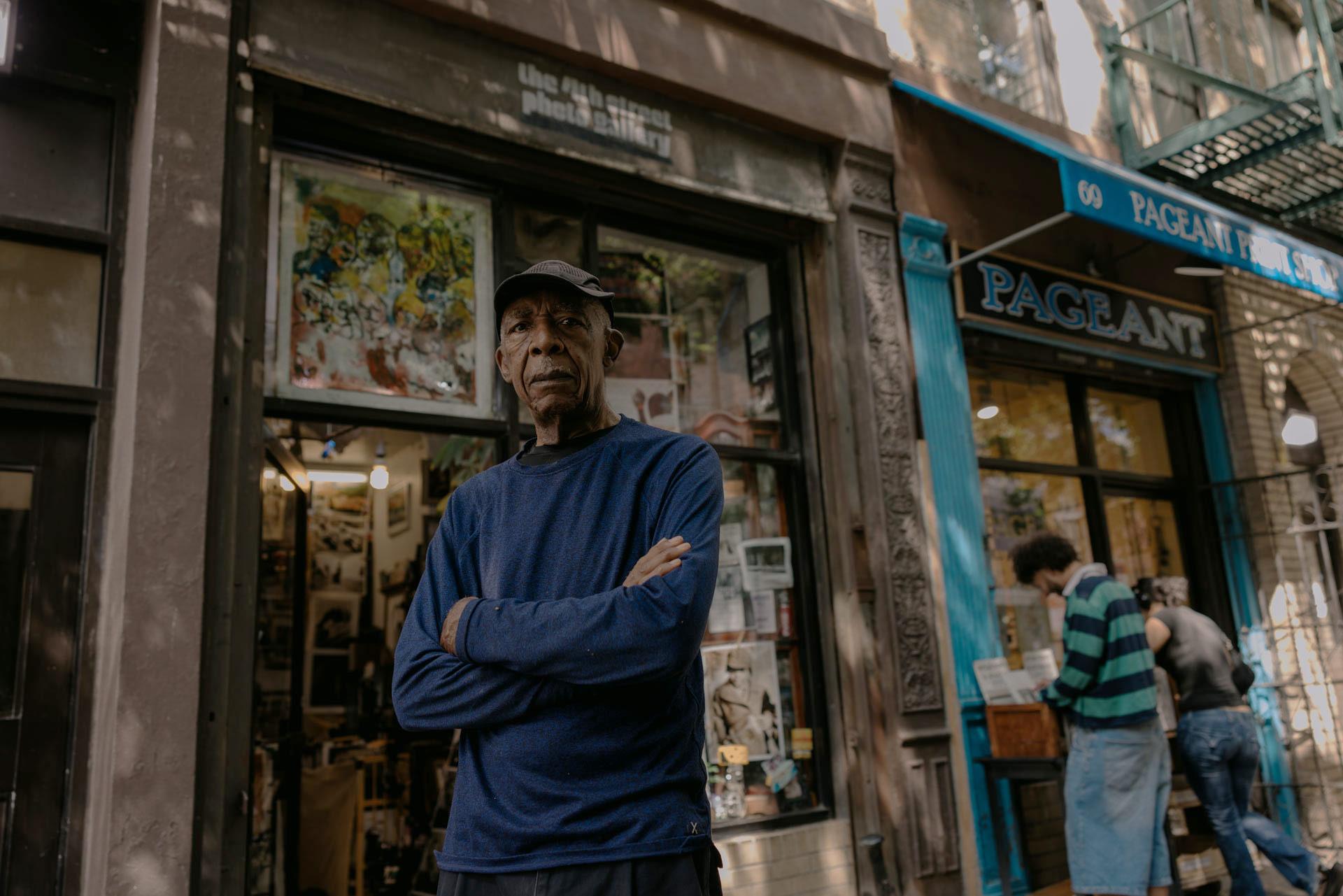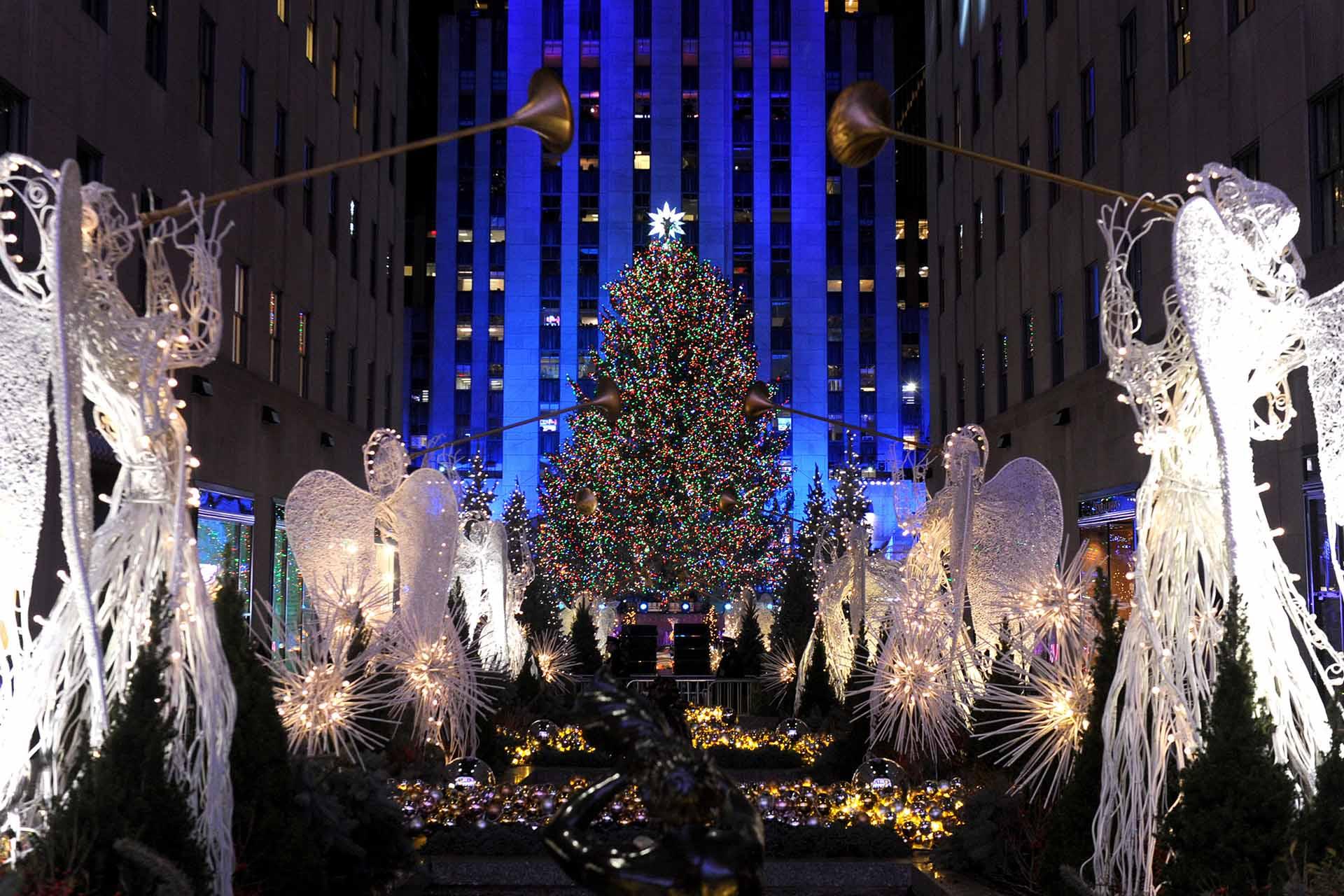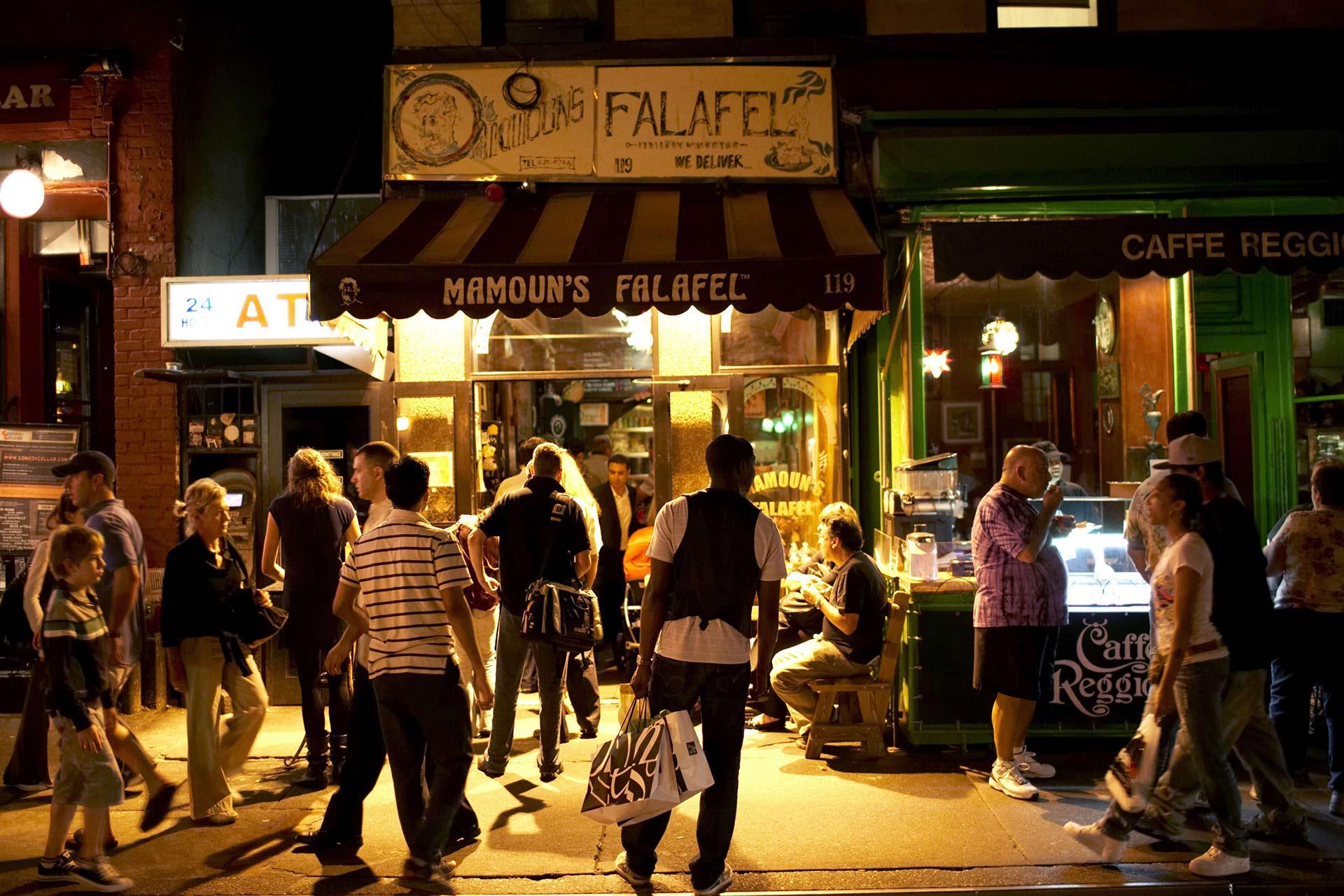This year 3.1 Phillip Lim—the New York City–based fashion label cofounded by Phillip Lim and Wen Zhou—celebrates its 20th anniversary. The longtime friends and business partners have created an accessible, American luxury brand, which includes womens wear, menswear and accessories, that’s revered internationally, all while rooting the brand in community and the spirit of NYC. We spoke to Lim, the company’s creative director, and Zhou, its CEO, about 3.1 Phillip Lim’s upcoming NYC-themed collection, plans for Fashion Week and unwavering commitment to supporting AAPI and BIPOC communities.

Phillip Lim. Photo: Jonas Gustavsson
What’s the story behind the upcoming NYC-themed collection?
Phillip Lim: New York has always been my muse. This raw, romantic, unapologetic place—a place of contradictions. The energy and hustle happening on every street corner is like a ballet. I’ve been telling this New York story for years through my clothes, but in the last year I've been calling it out, saying thank you to the city that has nurtured me and the brand for almost 20 years.

Courtesy, 3.1 Phillip Lim
Can you tell us a bit about what you have planned for New York Fashion Week this September?
PL: It is simple: a return to joy. Joy is where it all started. Joy is for everyone—simple, immediate and everywhere as long as we are open to feel it. We have a very special runway show planned that is steeped in 3.1 Phillip Lim but also New York City history.
Community and social causes are central to 3.1 Phillip Lim and each of you personally. What are some of the organizations and initiatives you’re part of?
PL: Community has been such a big part of shaping and reshaping my perspective in the past 20 years, but especially since 2020. That first year of the pandemic uncovered so much that the community around me needed. I became more aware, more useful and more connected in the ways I could support and uplift my Asian American community and my New York City community. For the first few years it was about food, nourishment and togetherness. We worked with City Harvest, Feed Forward and Heart of Dinner. Then I shifted my focus to mental health with Creating Space, a dedicated support system for the AAPI community to share and heal.

Wen Zhou. Courtesy, 3.1 Phillip Lim
Wen Zhou: We’ve embraced inclusivity on the runway and cultivated meaningful collaborations, including Maya Lin designing a sustainable fashion show; the Brooklyn Nets celebrating Lunar New Year; sustainable material innovation with Volvo; and clean beauty with Aveda. Most notably, we leveraged our global audience during the pandemic to raise awareness and funds for AAPI nonprofits. I thrive on a double bottom line—balancing business with passion for sustainability and social causes in BIPOC-owned start-ups. I have chaired the Apex for Youth Gala the last four years, raising more than $10 million in total, and cofounded the Taste of Asia Festival, an outdoor Asian food community event welcoming 100-plus chefs to Madison Square Park for a joyous celebration of culture.

Courtesy, 3.1 Phillip Lim
Tell us about your family’s immigration story and how that’s shaped you.
PL: My story has a few chapters, as most do. We moved a lot, from China to Cambodia to Thailand. We landed in Orange County, and that finally became home. I grew up there until I moved to New York in 2004 to pursue my “grown-up” American dream. In terms of how it shaped me, it taught me to never take home, liberty and democracy for granted.
WZ: I came to New York in 1985. I was 13 and I did not speak a word of English. I was thrown into New York from my village [in China] of 50 people. I got my first pair of shoes when I was 9. My home didn’t have indoor plumbing. My father was a college professor and became a dishwasher. My mom was a village sewer, so she went to work at a garment factory and we followed her. I was 13, my sister was 9, and we started sewing. That was our after-school job. I learned about garment manufacturing firsthand in the factories.
Fast-forward a few years later, I got my internship and part-time summer job at a fabric company on 39th Street. Then my world in fashion opened up to me. I said to myself, I need to be here, working from the concept of textiles first and then executing into garments. A few years later, when I was 21, I decided [I’d had] enough study, enough work for others, I was going to do this on my own. So I started my first company selling fabrics to designers. I love designers. I love people who have a creative vision that they’re able to execute, and my dream is to help someone execute their dream. That’s my thing. My fabric business was very successful and I started working with more and more designers, from Donna Karan to Calvin [Klein] to Ralph [Lauren] to you name it—those were my clients.
What advice do you have for Asians and minorities who feel invisible and who are struggling to “make it” in NYC?
PL: Stay connected to your community and pursue the path that feels the most natural to you, your story and your identity. There are enough people in NYC trying to be something they aren’t and it isn’t fulfilling. NYC can be a lonely place, so chasing after dreams that feel out of body and out of mind won’t bring you joy. Build your home and your community with people, places and pursuits that feed your soul and make the days and years count.
WZ: Feeling invisible in a bustling and expensive city like NY can be challenging, especially for Asians and minorities. My suggestions are to join a cultural organization and engage with the community. It can provide a sense of belonging and networking opportunities to connect with others who share similar experiences. Use creative outlets such as art and music to express your identity and experiences. Many platforms support minority artists.

Courtesy, 3.1 Phillip Lim
Looking back on the last 20 years, what are some moments in the brand’s history that stand out to you?
PL: On such an incredible journey, the moments blur together into a beautiful experience that is grounded firmly in the City. I’m not nostalgic; I’m evolutionary. Reflecting back on almost half my life, it’s more about the progress that I recognize in myself and in the people and places I surround myself with.

Courtesy, 3.1 Phillip Lim
What advice do you have for aspiring fashion designers and entrepreneurs on building a brand with longevity?
WZ: Building a brand with longevity requires a strategic approach that emphasizes quality, consistency, adaptability and a deep understanding of your market. Like a garden, the brand is living, breathing and constantly evolving, and it requires constant care.
Where would you like the brand to be in the next 20 years?
WZ: I am not thinking about it too deeply. It’s like breathing, building on what we have started and continuing to tend to this beautiful garden.
See some of 3.1 Phillip Lim’s NYC-themed clothing here. Lim’s runway show for New York Fashion Week takes place September 8.






